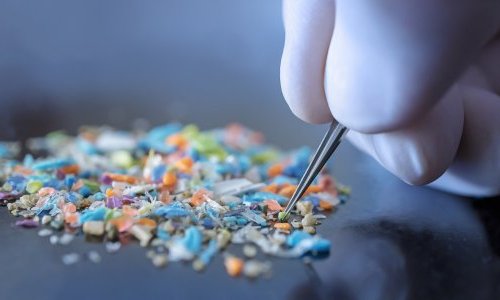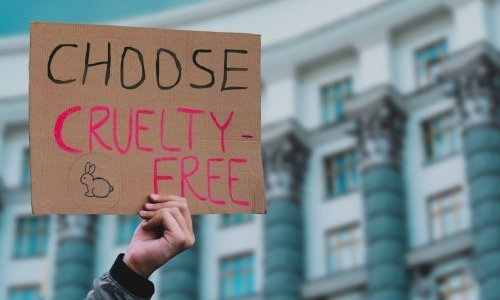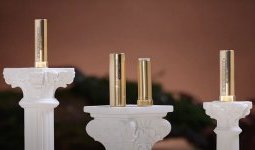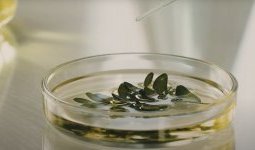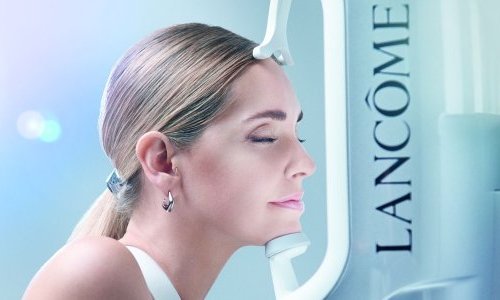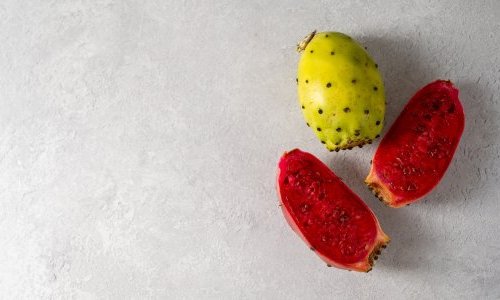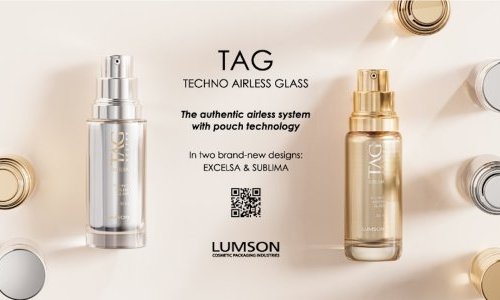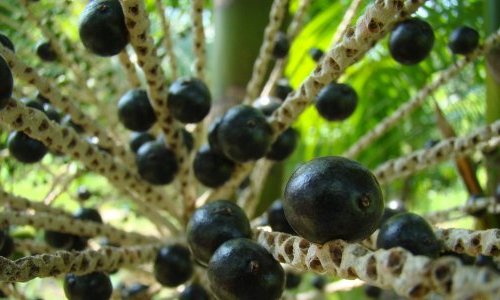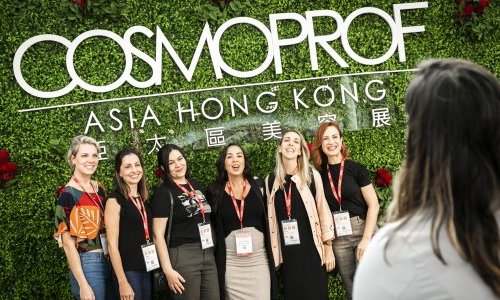According to the animal rights organization, scientists funded by its US branch have successfully guided Chinese officials towards the recognition of a first alternative method to animal testing.
PETA (People for the Ethical Treatment of Animals) was concerned that despite many cosmetics companies have pledged to cease any animal testing, they were nevertheless required to perform such tests in order to market their products in China. PETA US thus awarded a grant to scientists at the Institute for In Vitro Sciences (IIVS) late last year, to meet Chinese officials and share their expertise and guidance.
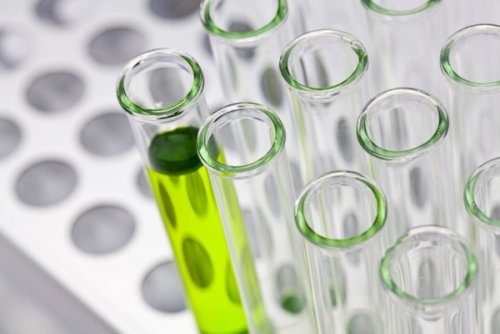
According to PETA, the 3T3 Neutral Red Uptake Phototoxicity Assay (3T3 NRU PT), an in vitro toxicological assessment test used to determine the cytotoxicity and photo(cyto)toxicity of chemicals when they come into contact with sunlight, is scheduled to be accepted in China by late summer. This test method was adopted by the Organisation for Economic Co-operation and Development (OECD) in 2004 and is already in wide use in the US and the European Union.
"Fast, accurate non-animal methods which protect humans better than animal tests are already here, and it’s great news that China has responded positively to the scientific arguments supporting them," says PETA policy adviser Alistair Currie.
Last year, Chinese health authorities had already shown their interest in alternative testing methods through a seminar initiated and organised by the China Cosmetics Research Centre of the Beijing Technology and Business University. On this occasion, members of the cosmetics industry and the scientific community in Europe and the US had shared the expertise and initiate discussions with China on this issue. Beijing’s main concern was to fill the gap between Chinese legal requirements and European laws that ban animal testing for cosmetics and their ingredients and have scheduled to prohibit the sale of all cosmetics containing ingredients tested on animals in 2013.

